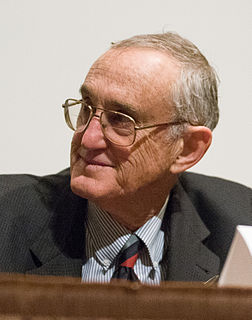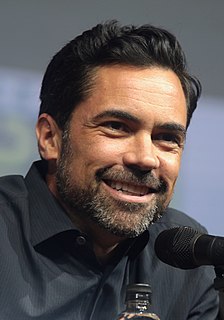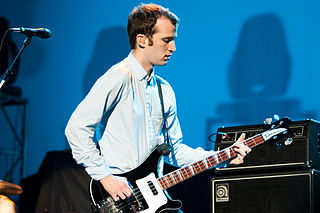A Quote by Liu Xiaobo
In the course of my life, for more than half a century, June 1989 was the major turning point. Up to that point, I was a member of the first class to enter university when college entrance examinations were reinstated following the Cultural Revolution (Class of '77).
Related Quotes
The government decides to try to increase the middle class by subsidizing things that middle class people have: If middle-class people go to college and own homes, then surely if more people go to college and own homes, we’ll have more middle-class people. But homeownership and college aren’t causes of middle-class status, they’re markers for possessing the kinds of traits — self-discipline, the ability to defer gratification, etc. — that let you enter, and stay, in the middle class. Subsidizing the markers doesn’t produce the traits; if anything, it undermines them.
I was brought up in a very naval, military, and conservative background. My father and his friends had very typical opinions of the British middle class - lower-middle class actually - after the war. My father broke into the middle class by joining the navy. I was the first member of my family ever to go to private school or even to university. So, the armed forces had been upward mobility for him.
Following graduation from high school in 1948, I attended Harvard University where I became a physics major. Having grown up in a small town, I found Harvard to be an enormously enriching experience. Students in my class came from all walks of life and from a great variety of geographical locations.
...it was always our view that in order to attain this [proletarian revolution] and the other far more important aims of the future social revolution, the working class must first take possession of the organised political power of the state and by its aid crush the resistance of the capitalist class and organise society anew.
They talk about class warfare -- the fact of the matter is there has been class warfare for the last thirty years. It's a handful of billionaires taking on the entire middle-class and working-class of this country. And the result is you now have in America the most unequal distribution of wealth and income of any major country on Earth and the worst inequality in America since 1928. How could anybody defend the top 400 richest people in this country owning more wealth than the bottom half of America, 150 million people?
The People's democratic dictatorship needs the leadership of the working class. For it is only the working class that is most far-sighted, most selfless and most thoroughly revolutionary. The entire history of revolution proves that without the leadership of the working class revolution fails and that with the leadership of the working class revolution triumphs.
The dominant, almost general, idea of revolution - particularly the Socialist idea - is that revolution is a violent change of social conditions through which one social class, the working class, becomes dominant over another class, the capitalist class. It is the conception of a purely physical change, and as such it involves only political scene shifting and institutional rearrangements
I started a college campus-based nonprofit in June 2012 called Turning Point U.S.A. to target millennials in college. Our mission was to create a powerful conservative grassroots activist network on campuses and identify, educate, train and organize students to promote the principles of freedom, free markets and limited government.



































